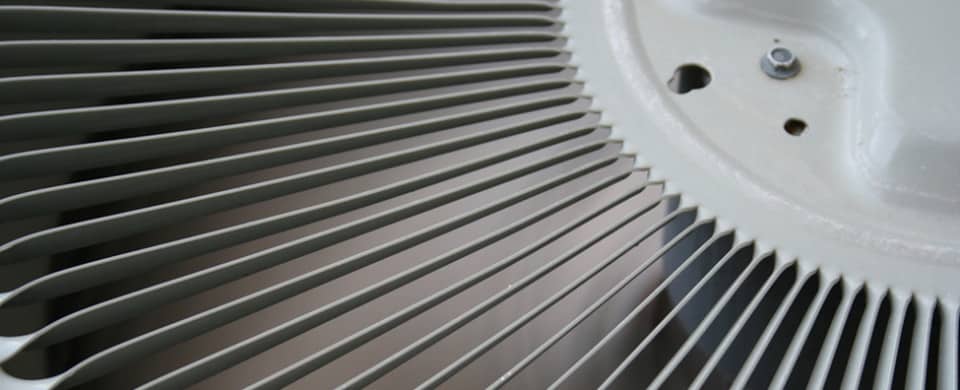As winter approaches and temperatures drop, you’ll find that your utility bills will increase, mostly because of heating costs. However, if you prepare your HVAC system in advance and maintain it properly, you can cut your electricity usage and add to the life of your HVAC system.
Evaluate your HVAC Unit
Many HVAC systems can last as long as 20 years before they need to be replaced. Examine your unit to see if it is still functioning efficiently and properly. If not, contact a professional HVAC contractor to replace it and provide you with an HVAC system fit for your home’s needs. While this may be a large initial cost, it will save you money in the long run and make your house warmer and safer. Be sure to check your HVAC system long before the onset of winter. If you only discover that you need to install a new unit during the winter, you may be stuck for a number of days in freezing weather, especially if you live in an area like Boston.
Replace Your Filter
Sometime the only repair that needs to be done is to replace an old filter. When purchasing a new one, consider a reusable filter. These can be rinsed and reused like new. Be sure to replace or clean your filter every month for optimal efficiency.
Upgrade Your Thermostat
Older thermostats that use mercury can be very inaccurate. This means that you can set the temperature to what you think is adequate, but in reality the heat will exceed your desired temperature, causing you unnecessary usage of electricity. Consider updating your thermostat to a digital one to ensure accurate temperature levels. In addition, digital thermostats can be programmed so you can set your heating to go on before you wake up or return home, and automatically turned off when you leave to work so you don’t forget to turn it off.
Clean Your Heating Ducts
Your HVAC system’s heating ducts should be cleaned periodically to allow efficient heating and provide fresh, clean air. Be sure to routinely inspect your heating ducts to make sure there are no punctures, dents or disconnected parts. Damaged ducts can raise your heating bills by blowing wasted warm air. In addition, check to make sure the ducts are properly insulated so air won’t seep out of them. While you may be able to inspect your ducts on your own, if it’s difficult or you don’t know what to look for, consider contacting an HVAC contractor. In addition to your ducts, a professional can also inspect your heating system’s belts, motors and electrical switches, as well as thermostats and gas pressure.
Tips
One of the easiest ways to cut electricity costs is to make sure your home has proper insulation. In addition, ventilation is important as well. During the winter, if your home is not properly ventilated, moisture can build up. If it doesn’t have a way to escape, your roof can rot, and you’ll need to hire a roofing contractor to repair the damage.
Proper maintenance and inspection is the best way to keep your HVAC system operating as its best. If you think you may have a problem, contact an expert to examine your unit.












